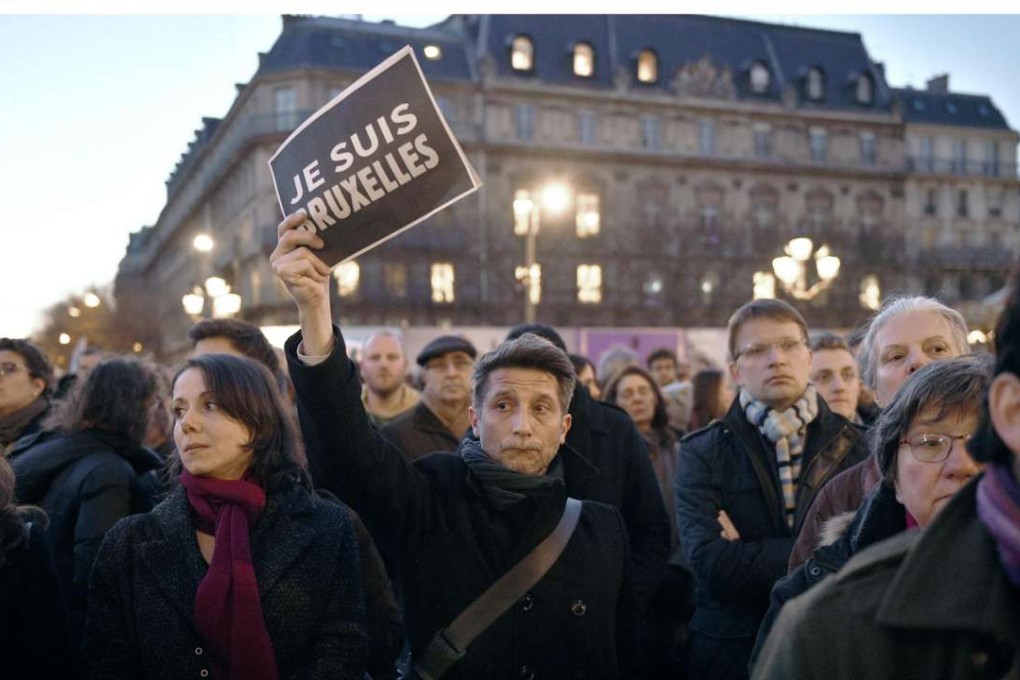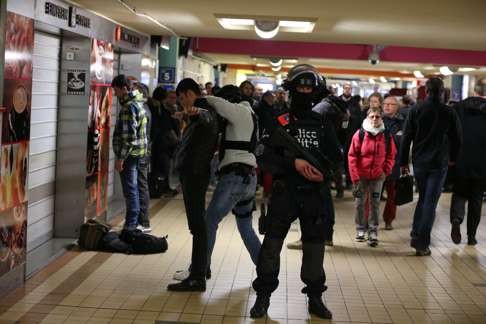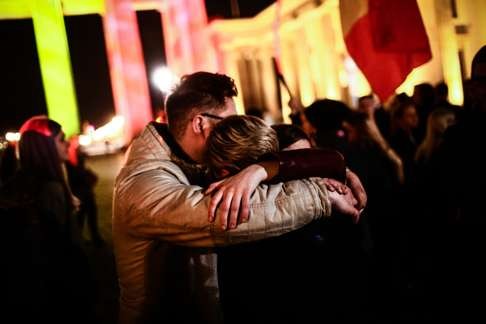Do Brussels bombings signal a shift in Islamic State focus to reassert its destructive capability in Europe?
Andrew Hammond fears the deadly attacks this week won’t be the last as the terrorist group, suffering setbacks in the Middle East, seeks to re-emphasise its message to the international public

Brussels was struck on Tuesday by major, apparently coordinated terrorist bombings, at the airport and on the metro system, that killed at least 31 people and injured hundreds. The attacks at the heart of the de facto capital of the European Union occurred only four days after the arrest in the city of Salah Abdeslam, Europe’s “most wanted man” and one of the Belgians linked to the Paris atrocities in November. He was caught after an intense police shoot-out, and Belgian authorities had previously warned of potential reprisals.
Brussels terror attacks: ISIS jihadists strike heart of a fraying Europe
The self-ascribed Islamic State (IS) terrorist group has claimed responsibility for the attacks. In subsequent raids in Brussels, authorities have discovered an IS flag and also a stack of chemical products, plus explosive devices containing nails.
While key uncertainties remain, Belgian Foreign Minister Didier Reynders said at the weekend that Abdeslam “was ready to restart something in Brussels, and it may be the reality because we have found a lot of weapons, heavy weapons … and a new network around him in Brussels”. Key questions will now be asked about the preparedness of Belgian and wider European intelligence agencies for such attacks.

Paris terrorist attacks underline the need to root out the causes that radicalise youth
The fact that the atrocities were carried out by IS will fuel concerns about European citizens radicalised and drawn to the group by its propaganda. Some of these foreign jihadists have now returned to their home countries in Europe from the Middle East. The International Centre for the Study of Radicalisation in London estimates that as many as 11,000 foreigners may have fought in Syria alone, from some 74 countries, the majority from Arab countries.
A central concern is that these individuals, who potentially include up to 2,000 from Western Europe, plus others from North America, Australia, Southeast Asia, and Africa, will return battle-hardened, with significantly greater terrorist capability and resolve. And it is believed that, per capita, Belgium is Europe’s biggest contributor of fighters to Syria, with Brussels a particular hot spot.
US President Barack Obama has already expressed “deep concern” about this issue, echoing comments of others, including British Prime Minister David Cameron. Moreover, FBI director James Comey has even warned about the prospect of a “future 9/11” caused by the increased flow of these foreign fighters.
